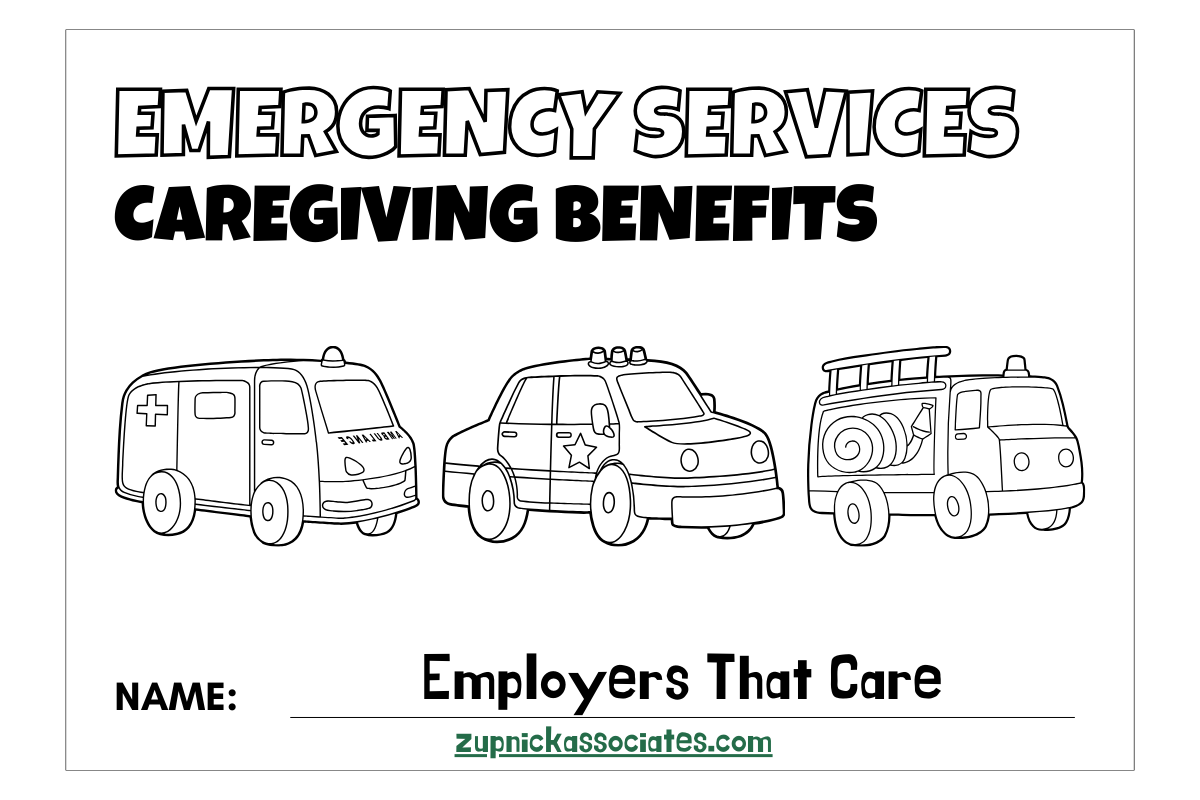Elton Mwangi • August 6, 2024
Care Pays Off … Pssst, We're Talking About Caregiving Benefits


Consider this: the path to enhanced profitability and a committed workforce is paved with the support you offer your employees.
And far from the cliché of the distracted, barely coping parent, data shows that caregiving employees, when adequately supported, harness their roles to drive meaning and efficiency in their work.
However, sustainable working parenthood has long been seen as a privilege rather than a fundamental right. But if the pandemic and the rise of a diverse, caregiving-embracing workforce taught us anything, it would be that caregiving benefits are an urgent need for workers.
Why? An overwhelming 73% of the workforce shoulder caregiving responsibilities, meaning most of your workers might be caregivers. So, by supporting your caregiving employees, you aren't just making them happy; you're also enhancing motivation and effectiveness in the workplace.
This means it's high time to reframe the cultural narrative around caregiving from a 'benefit' to a 'necessity.' Because in an era where employees are increasingly evaluating potential employers through the lens of benefits, being smart means supporting the caregiving needs of your employees.
Besides, the economic argument for caregiving benefits is robust, making implementing supportive policies a potent business strategy. Think about it: policies like unlimited paid parental leave are becoming business savvy because they foster loyalty and attract top talent.
These policies signal a company's commitment to its employees' holistic well-being, which, in turn, drives retention and engagement. Now it's become clear: supporting working parents is a relay race that requires corporate endurance and commitment.
What Does This Mean for Your Return On Investment?
The line between work and personal life is increasingly blurred. Just pay a little attention, and you'll see how stress, exhaustion, and burnout are escalating at an all-time high. This means that the need for comprehensive caregiving benefits has never been more critical because employees' well-being directly affects the business's health.
The good news is that when employers genuinely support caregiving, they lay the foundation for a culture that retains talent and elevates productivity and engagement. Here's how:
- 67% of employees have contemplated leaving their jobs within the past year, yet 42% chose to stay, driven by their employer's proactive support of their caregiving roles. What does this tell you? There is a direct correlation between caregiving benefits and employee retention.
- If that is not enough, 59% of employees would likely remain with their current employer for at least four more years if provided with backup or subsidized childcare - extending their tenure well beyond the average.
And you know the cost savings in retention – losing an employee costs up to 213% of their salaries for top earners.
Additionally, caregiving benefits unlock parents' leadership potential and catalyze organizational growth. Technically, parents also harbor robust professional ambitions, and with access to reliable childcare support, 57% of them would willingly embrace higher-level responsibilities.
Their career goals are intricately linked to their caregiving roles, with aspirations not just to stay within a company but to ascend its ranks. This is good for your bottom line because promoting from within ensures quicker adaptation and greater loyalty, reducing onboarding time and turnover costs - internal hires are 18% less costly and exhibit 21% lower turnover rates.
As a bonus, companies that foster an environment supportive of caregiving see a higher representation of women in leadership, correlating with a 34% higher return to shareholders. Also, gender-neutral caregiving policies promote equity, essential for attracting a diverse workforce.
One last thing: creating a culture where the needs of caregivers are met and openly accepted fosters a sense of belonging, authenticity, and equity within the workplace. Feeling valued in the workplace increases productivity and reduces turnover because:
- Employees thrive when there is no pressure to hide their personal lives.
- Employees are more motivated when they know they have adequate caregiving support.
- Employees are more focused and less absent when they know they can take time off to care for their loved ones.
This broader significance in employee roles has been shown to increase work hours and satisfaction, contributing an additional average of $9,078 per employee per year.
In summary, caregiving benefits do more than just help employees manage their personal lives; they transform them into more engaged, motivated, and productive workforce members, creating a ripple effect of positive outcomes across the organization.
Conclusion: Make the Case for Caregiving Benefits
Research consistently demonstrates that well-supported employees deliver their most productive, innovative, and profitable work. This is why benefits and culture supportive of all caregiving roles - be it for children, aging parents, or others - are transforming from "nice-to-have" perks into essential strategies for boosting productivity and profitability.
Caregivers are fundamentally reshaping productivity metrics within the workplaces that support them. So, if you're ready to transform your workplace and boost ROI through inclusive caregiving policies, contact Zupnick Associates today to design a caregiving benefits strategy that supports your employees and drives your business forward.
Let's make your company a beacon of support and ambition for all employees.


